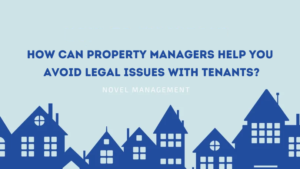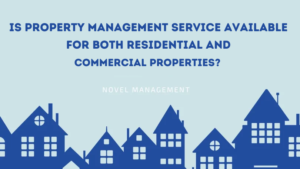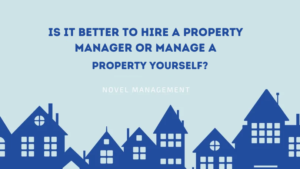The CDC eviction ban has once again been extended, this time until June 30th, 2021. The ban has already been extended multiple times before as well, leaving homeowners wondering whether there is an end to the ban at all or not? Here, we discuss the CDC Eviction Ban in an attempt to understand the reason behind the restriction and how it can benefit the nation.
What is the CDC Eviction Ban?
Initially, the federal government posed a ban on evictions to protect the interest of tenants living in houses where mortgage payments are due. The ban aimed to ensure banks don’t force tenants to leave their homes amid the pandemic as it could further the spread of the virus and create panic among the evictees. Many people had already lost their jobs because of COVID19; the ban ensured they did not lose their homes.
Once the federally imposed ban expired, the Center for Disease Control and Prevention (CDC) imposed the Temporary Halt in Residential Evictions to Prevent the Further Spread of COVID-19 ban, starting September 2020. The ban was supposed to end towards the year-end but was extended because the COVID19 threat was still a reality.
The CDC ban aims to ensure tenants remain in place to prevent the spread of the virus, as is evident by the name of the ban. If tenants are forcefully evicted out of their homes, they will travel to multiple locations, view different houses, encounter many real estate agents, movers, contractors, and more.
Shifting houses is a very lengthy and difficult process involving the tenant moving around and coming in contact with several other parties. Allowing people to move freely is equivalent to ensuring that the virus spreads out of control.
Who does the CDC Eviction Ban Cover?
The frustration on the tenant’s part regarding the ban is understandable. According to a report by Moody Analytics, nearly 7 million households have been affected by the coronavirus situation. Once the virus hit, more and more people found themselves out of jobs and unable to pay rent, utilities and mortgage payments, etc.
Currently, the affected households owe a total of $40 million among payments. Landlords who are dependent on rental income to run their households are just as frustrated as tenants unable to pay rent. Thus, the CDC Eviction Ban is a controversial topic. Here we list down the criteria listed by CDC for tenants who landlords cannot evict.
- Resident or tenant who earned $99,000 or less in the year 2020. For those filing jointly, the minimum income is $198,000.
- Renters who have applied for financial aid or government assistance and were unsuccessful.
- Anybody who received an economic impact payment or who did not have to show any income proof in 2020 because of unemployment etc.
- Residents or tenants who are making partial monthly payments timely.
- If the eviction will render the resident or tenant homeless or living with someone else in close quarters
You should reach out to your property manager or a legal expert to learn more about the CDC Eviction Ban. Times are tough, and everyone is bearing the economic impact of the coronavirus. But together, we can help each other get through it.




